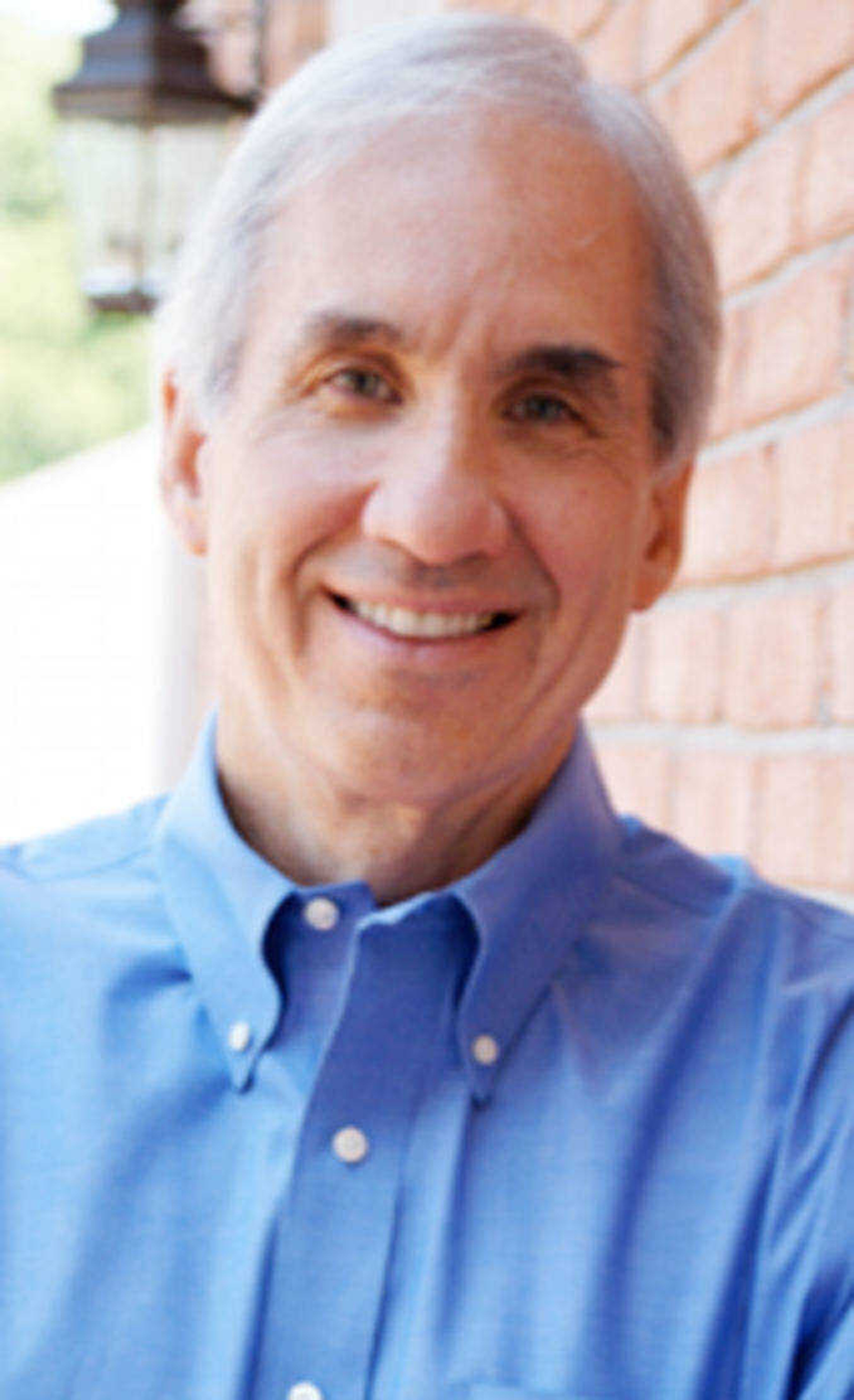LIMBAUGH COMMENTARY: TYRANNY IN SAN FRANCISCO
WorldNetDaily reported Monday that the San Francisco Housing Authority recently refused to allow residents of the Sunnydale Housing Development to hold a Bible study in its community room, citing separation of church and state. On Feb. 23, the Pacific Justice Institute filed a civil rights action in federal court on behalf of the aggrieved residents against the Housing Authority, the city and the county of San Francisco...
WorldNetDaily reported Monday that the San Francisco Housing Authority recently refused to allow residents of the Sunnydale Housing Development to hold a Bible study in its community room, citing separation of church and state.
On Feb. 23, the Pacific Justice Institute filed a civil rights action in federal court on behalf of the aggrieved residents against the Housing Authority, the city and the county of San Francisco.
Pacific Justice Institute attorney Brad Dacus contends that too many people in the San Francisco government have an extreme view of the separation of church and state doctrine that amounts to supporting a freedom from religion rather than the constitutionally mandated freedom of religion.
This case is very important because it involves the interplay and tension between certain clauses in the Constitution: free exercise, free speech and establishment -- all part of the First Amendment.
The First Amendment provides in relevant part, "Congress shall make no law respecting an establishment of religion, or prohibiting the free exercise thereof; or abridging the freedom of speech ... ."
The Housing Authority is using the establishment clause to disguise its obvious motive to discriminate against worshiping Christians. This clause was never intended to require an absolute separation of church and state, as many people have come to believe. Rather, it seeks to prohibit a state-sponsored religion, or the favoring of one religion over another through financial support or otherwise.
The establishment clause thus has essentially the same purpose as the free-exercise clause: to ensure that the state does not encroach on the freedom of each individual to worship as he chooses. While the establishment clause was designed by the framers to further guarantee the freedom of religion, the Supreme Court, in some cases over the years, has twisted its meaning 180 degrees by invoking it to prohibit rather than guarantee that freedom.
The most famous example of this was the case of Engel vs. Vitale (1962), where voluntary prayer in public schools was ruled unconstitutional as violating the establishment clause. But in Sherbert vs. Verner (1963), Justice Stewart lamented that the Supreme Court, in Engel vs. Vitale and other cases, had "accorded to the establishment clause a meaning which neither the words, the history, nor the intention of the authors of that specific constitutional provision even remotely suggests."
Fortunately, not every Supreme Court case has been hostile to Christianity. In fact, the Pacific Justice Institute is relying on Widmar vs. Vincent (1981), in its effort to have the Housing Authority's discriminatory policy held unconstitutional. In that case, the University of Missouri-Kansas City prohibited a religious group from meeting in university buildings because of a university regulation prohibiting the use of university buildings or grounds for purposes of religious worship or religious teaching.
The district court upheld the challenged regulation on the basis that it was required by the establishment clause. The Supreme Court affirmed the court of appeals reversal of the district court's decision and held the university regulation unconstitutional.
It struck down the regulation on two separate constitutional bases: 1. The establishment clause does not bar a policy of equal access, in which facilities are open to groups and speakers of all kinds. 2. The university regulation violated the students' free-exercise and free-speech guarantees.
The Sunnydale residents and the Pacific Justice Institute should be applauded for standing up against this overt religious discrimination by the city of San Francisco. Their reliance on the Widmar case is well-placed and is sure to vindicate their honorable position in this matter. As Stewart said, "I am convinced that no liberty is more essential to the continued vitality of the free society which our Constitution guarantees than is the religious liberty protected by the free exercise clause explicit in the First Amendment."
Attacks on our cultural heritage sometimes arrive in camouflaged packages. In this San Francisco case, as in many others, one of the only two constitutional clauses designed by the framers as a shield to preserve our freedom of religious worship is being used instead as a sword that seeks to slash to pieces that sacred freedom. God bless the residents and their counsel for refusing to succumb to the tyranny of state-sponsored religious oppression.
~David Limbaugh of Cape Girardeau is a columnist for Creators Syndicate.
Connect with the Southeast Missourian Newsroom:
For corrections to this story or other insights for the editor, click here. To submit a letter to the editor, click here. To learn about the Southeast Missourian’s AI Policy, click here.










